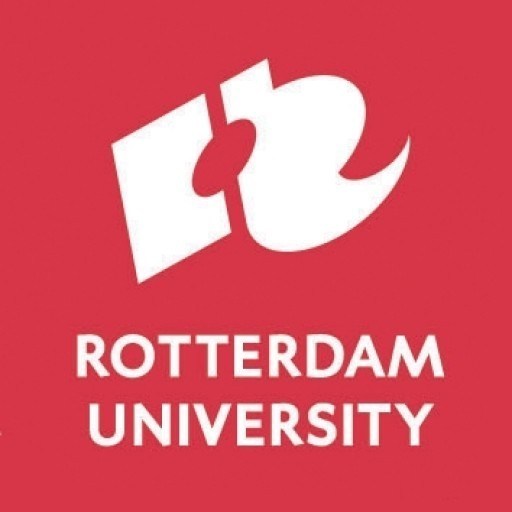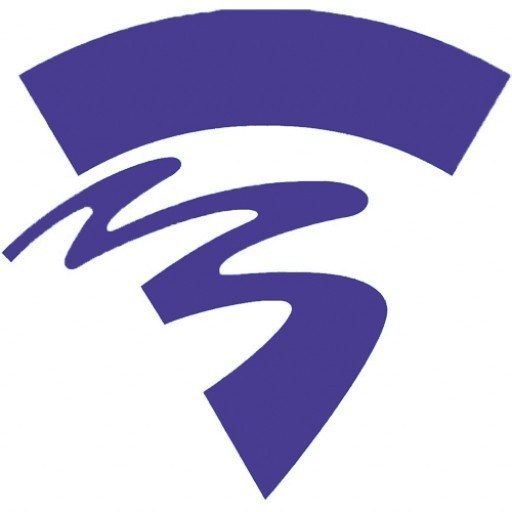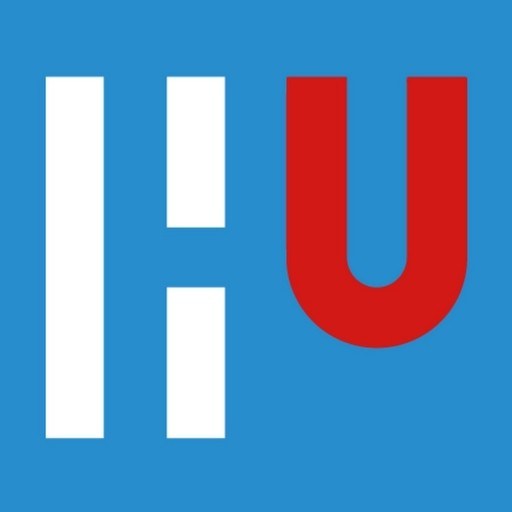Photos of university / #radboud_uni
Economics in Nijmegen is more than just calculating numbers and ratios. You will learn to understand human decision making and how this influences an organisation’s financial position or a country’s economy. In addition, you will study how this relates to worldwide economic events. After completing the first year in English, you can choose from four specialisations. All are taught completely in English:
• Business Economics
• Financial Economics
• International Economics and Business
• International Economics and Policy
If you have watched the news lately, you have been bombarded with the latest inflation rates, employment ratios, how trade between countries and continents affected welfare and how central banks around the globe avoided yet another crisis. It seems that a lot of these factors have an effect on how well companies are performing and that economic numbers and ratios are the result of politics, trade, law and humans spending their money. We believe there is a little Psychology, Sociology and Law behind Economics. You will study bits and pieces of these fields when studying Economics at Radboud University. We call this ‘Economics+’.
The first year of your studies will be introductory: you will be trained in the basics of economics, business, research methods and academic skills. After the first year, you can choose from four specialisations that facilitate you to become an expert within a specific field of Economics.
Business Economics: If you aspire to become an expert in the field of corporate financial management, this specialisation will provide you with the necessary skills and knowledge. You will be trained in the fields of accounting and corporate finance, to prepare yourself as a financial expert. After completing this specialisation, you will be able to guide managers in taking the right decisions when it comes to investing and acquiring money.
Financial Economics: Experts in trading, whether that is trading in goods, stocks or foreign currency, have all studied financial economics. You will study financial products of banks and insurers as well as the functioning of financial markets and risk management. Whether you have to advise governments or companies about financial products in your career later on, you will be able to come up with returns-on-investments, costs and risks.
International Economics and Business: In this specialisation, you will be trained to become an expert in policies of multinational companies. You will study the role of human behaviour, culture and ethics on the financial position of companies. An obligatory semester of studying abroad is part of the programme: all students have to gain international experience. Access to this specialisation will be granted when the combined average grade obtained is at least 7.0 out of 10 for the following first-year courses: Introduction to Economics and Business; Academic Skills and Methods, and Integration: Money, Banking and Finance.
International Economics and Policy: As an expert in international economic developments, you will analyse consumption, employment, economic growth and their effects for companies, so that companies and governments can react adequately to the latest developments. You will focus on the European Union, the European Economic Area and other transnational economic initiatives.
Your studies will take three years and you will have lectures and seminars for fifteen hours per week. During lectures, we encourage you to ask questions and to take part in discussions, instead of just listening to the lecturer. In seminars you will work together in groups of fifteen to twenty students. You will have to hand in assignments and papers, or give a presentation, which you will prepare in a study group of three or four students.
During the third year, you will have the opportunity to study abroad for a semester. If you choose the specialisation International Economics and Business, a semester abroad is even obligatory! You can choose from among our two hundred partner universities worldwide. You will finish your studies with a Bachelor’s Thesis: your own research project. Many students choose to do their research project at a company. After completion of the programme, you will be awarded the degree Bachelor of Science (BSc).
Language requirements
You should have sufficient proficiency in the English language in order to be admissible. No proficiency in the Dutch language is required. Should you have obtained a high school diploma from a European country in which you have taken English in the final examinations, then in some cases you do not have to provide a separate language certificate. You will find a list of these diplomas on the specific programme web pages. Proficiency in the English language can be proven by meeting one of the following conditions:
• You have a diploma from the list of European diplomas, as mentioned above.
• You have a Dutch VWO diploma.
• You have a German ‘Zeugnis der Allgemeinen Hochschulreife’ with English as ‘Grundkurs’ or ‘Leistungskurs’ in the ‘Abitur’.
• You have an International Baccalaureate.
• You have a European Baccalaureate with English Language 2 or 1.
• You have obtained a diploma equivalent to or higher than the Dutch VWO level from an institution where the language of instruction is English in one of the member states of the EU/EEA, Australia, Canada, New Zealand, or the USA.
• You are a citizen of Australia, Canada (with exception of Quebec), Ireland, New Zealand, the UK, or the USA. Should you not meet one of the conditions mentioned above, then, in general, you should provide one of the following language certificates. Some programmes may have further language requirements, so please check the web page of the programme you’re interested in carefully.
• IELTS Academic: A minimum overall score of 6.0, apart from Chemistry and Molecular Life Science, which require an minimum overall score of 6.5. Please check programme specific web pages for information on minimum sub-scores.
• TOEFL iBT: A minumum overall score of 80, apart from Chemistry and Molecular Life Sciences, which require a minimum score of 90. Please check programme specific web pages for information on minimum sub-scores.
• Cambridge Certificate of Advanced English (CAE): minimum mark of C.
• Cambridge Certificate of Proficiency in English (CPE): minimum mark of C.
Want to improve your English level for admission?
Prepare for the program requirements with English Online by the British Council.
- ✔️ Flexible study schedule
- ✔️ Experienced teachers
- ✔️ Certificate upon completion
📘 Recommended for students with an IELTS level of 6.0 or below.
Radboud Scholarship Programme: Radboud University has scholarships available for the most talented Bachelor’s students who have a citizenship from a non-EU/EEA country and who have not studied in the Netherlands before. Each year, sixteen Radboud Scholarships are awarded to Bachelor’s students, two per English-taught Bachelor’s programme. The scholarship lowers the tuition fees to the amount of the legal tuition fees of €2,006 in the first Bachelor’s year and includes the costs of health insurance for the first year and the fees for visa and residence permit. The deadline for application is 1 April 2017. More information can be found on www.ru.nl/rsp
Governmental student finance: EU/EEA students might qualify for a student loan from the Dutch government. To be entitled to this loan, you need to work for fourteen hours a week (56 hours a month) in the Netherlands (next to your studies). If you are entitled to receive the student loan from the Dutch government, you may receive up to € 1,000 per month, in addition to your salary. After graduation, you will need to pay back the loan. In order to determine how much you need to pay back each month, the Dutch government will take your financial situation (such as income) into account. More information is available on www.duo.nl






